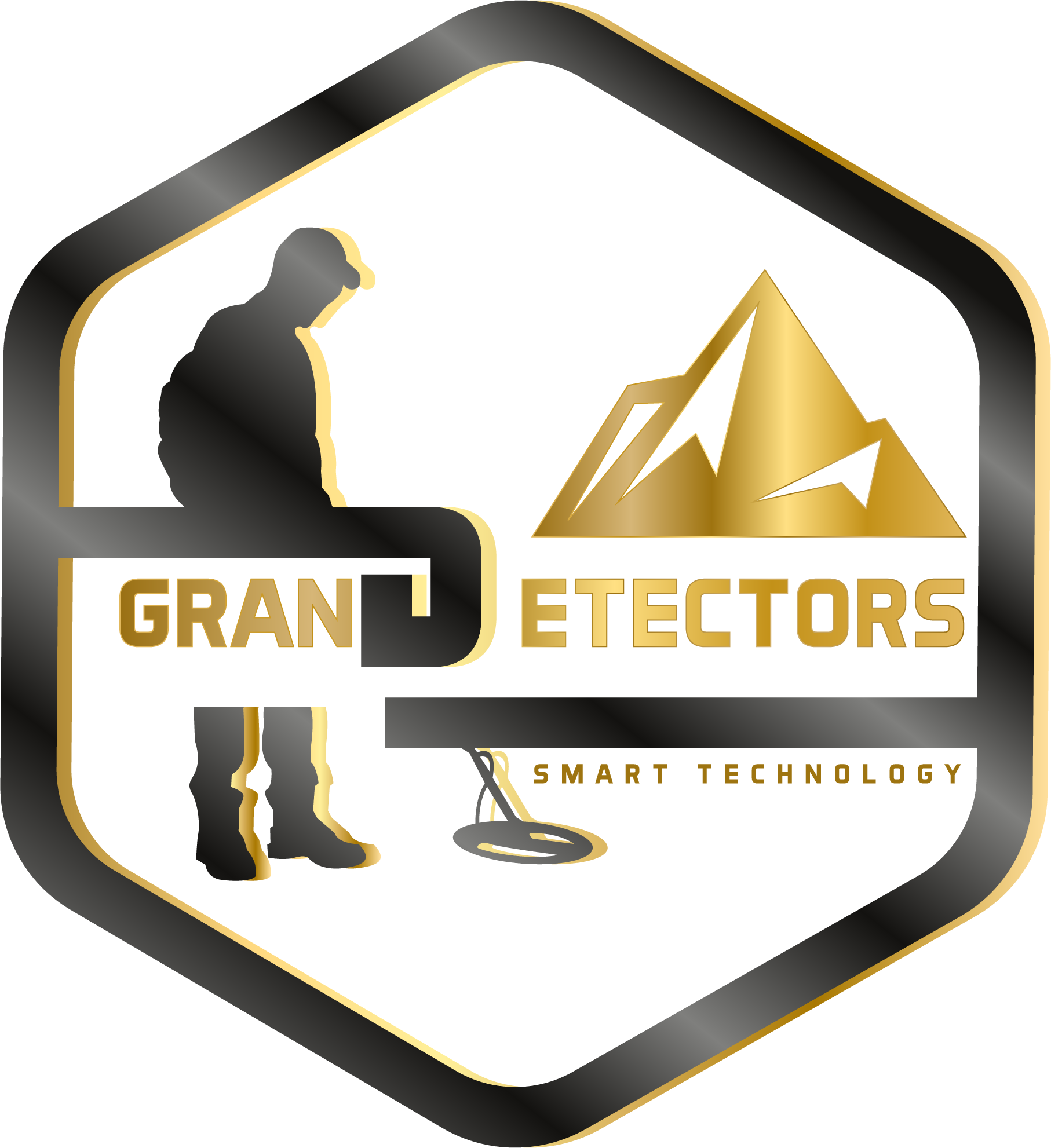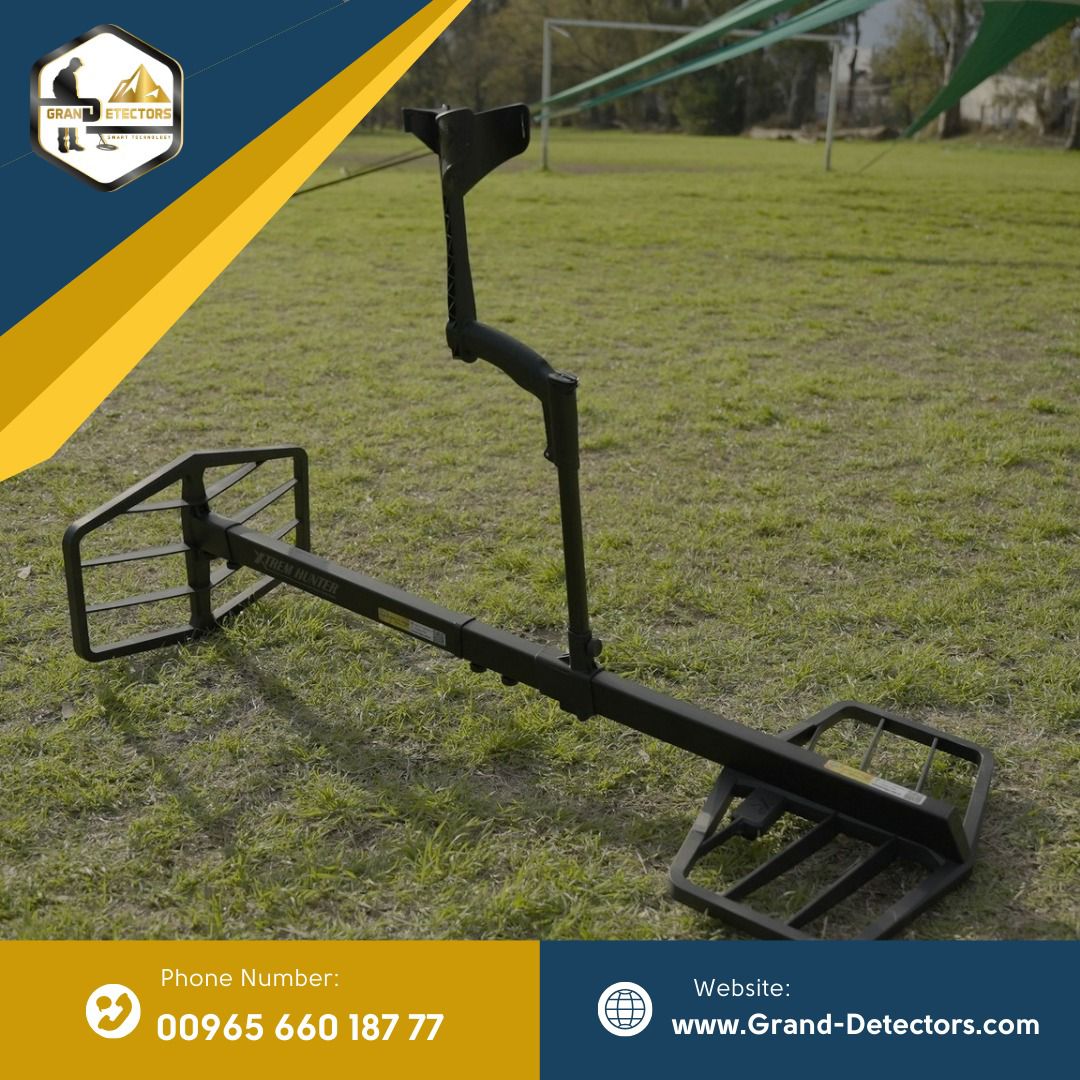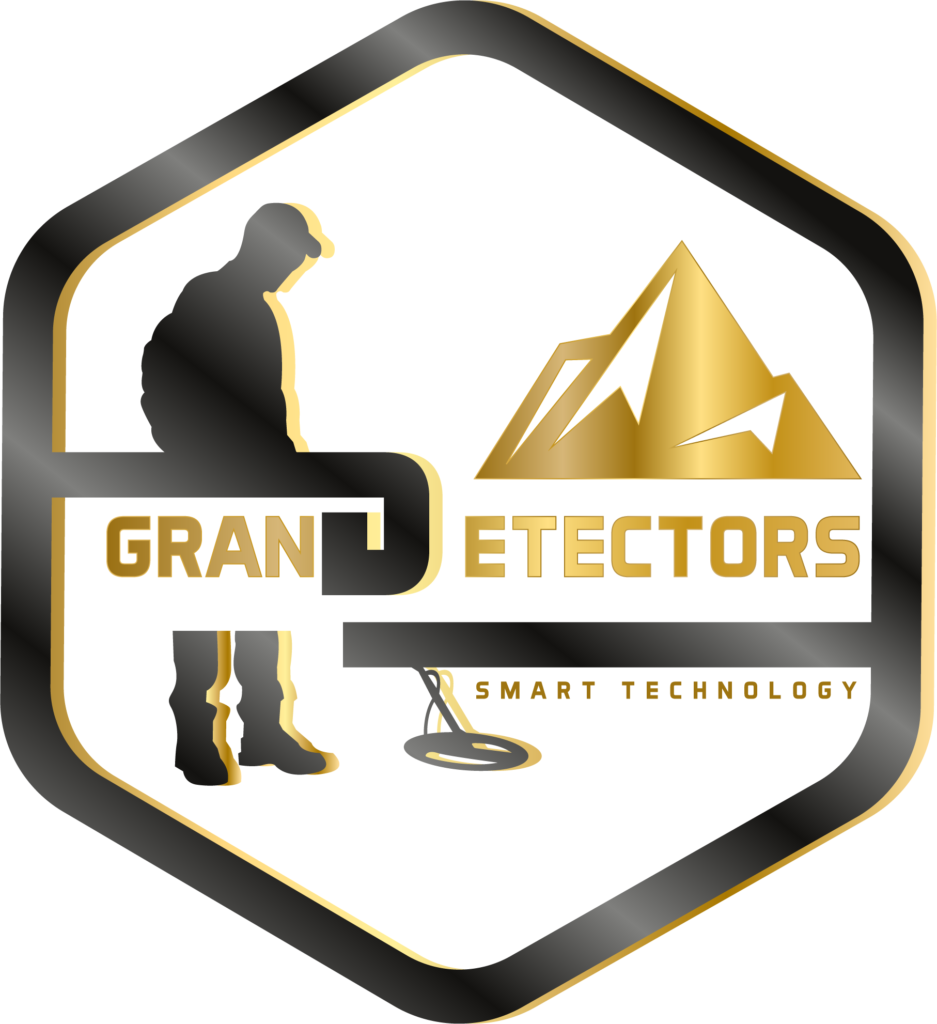How to Choose the Right Gold Detector for Your Needs
Gold detectors come in many shapes, sizes, and capabilities, each designed to meet specific prospecting needs. Whether you’re a beginner looking for your first detector or a professional prospector looking to upgrade, selecting the right device can be a daunting task. In this guide, we’ll go over the key factors to consider when choosing a gold detector that matches your requirements.
1. Understand Your Purpose and Location
The first step in choosing the right gold detector is to clearly define your purpose:
- Depth Requirements: Are you searching for gold nuggets close to the surface, or are you targeting deep underground veins? Different devices are optimized for varying depths.
- Soil Type: If you plan to search in areas with high mineralization, such as rocky or volcanic soils, you’ll need a detector that can handle mineral interference. In less mineralized areas, a broader range of devices will work well.
- Environment: The terrain—mountains, deserts, or rivers—will influence your choice of detector. Some detectors are designed for rugged landscapes, while others may be water-resistant for searching in rivers or wet areas.
2. Choose the Right Frequency
Frequency plays a vital role in a gold detector’s performance:
- Low-Frequency Detectors: These devices are ideal for deep targets but may not pick up small, shallow gold nuggets as effectively. Frequencies under 20 kHz are generally suited for larger targets at greater depths.
- High-Frequency Detectors: Higher frequencies, typically 20 kHz and above, are better for detecting small gold particles closer to the surface, making them ideal for gold prospectors searching for smaller nuggets.
Some high-end detectors offer adjustable frequencies, allowing you to switch based on your target and soil conditions, providing more flexibility in the field.
3. Evaluate Detection Technology
Different technologies cater to varying prospecting needs:
- VLF (Very Low Frequency): VLF detectors are sensitive to smaller nuggets, making them popular for beginner and intermediate users. They tend to be lighter, more affordable, and work best in low to moderately mineralized soils.
- Pulse Induction (PI): PI detectors are powerful, especially in highly mineralized ground, and are suited for finding larger gold deposits at greater depths. However, they tend to be more expensive and are often used by professionals.
- Multi-Frequency Technology: Some advanced detectors can operate on multiple frequencies simultaneously, giving the prospector the ability to detect both shallow and deep targets. This versatility makes them valuable in diverse prospecting environments.
4. Look for Discrimination Capabilities
Discrimination refers to a detector’s ability to differentiate between metals. Gold detectors with good discrimination features help you ignore unwanted signals from iron or other non-precious metals, saving you time and effort. Many detectors come with adjustable discrimination settings that can be customized based on the terrain and targets you’re searching for.
5. Consider Ease of Use and Ergonomics
If you’re going to be prospecting for extended periods, the detector’s comfort and ease of use are essential factors to consider:
- Weight and Balance: Lightweight detectors with balanced designs are easier to handle, especially for beginners.
- User Interface: Look for devices with clear and easy-to-read displays, as well as intuitive controls. Some detectors have advanced screens with real-time target ID, making it easier to know what’s beneath the surface before you dig.
- Adjustable Settings: Devices with easy-to-adjust sensitivity, ground balancing, and threshold settings allow for greater precision and accuracy, enhancing the prospecting experience.
6. Check Battery Life and Power Options
Battery life can be a crucial factor, especially if you’re prospecting in remote areas. Detectors with long battery life, or those that support external battery packs, offer extended operation times and ensure you don’t miss any potential finds. Some high-end models also offer rechargeable battery packs or support for solar charging, making them ideal for long expeditions.
7. Assess the Device’s Durability
For serious prospectors, a durable detector is a must. Devices designed for rugged use often have weather-resistant or waterproof casings, protecting them from dust, moisture, and accidental impacts. Waterproof detectors can be submerged in shallow rivers or streams, offering more options for exploration.

8. Consider Your Budget and Brand Reputation
Price is a key factor when choosing a detector, but it’s essential to balance cost with functionality. Some well-known brands offer reliable, high-quality detectors with excellent customer support and warranty services:
- Minelab: Known for high-quality detectors suited for both professionals and beginners, with models like the GPX 5000 and Gold Monster 1000.
- Nokta Makro: Offers versatile, high-performing detectors, such as the Gold Kruzer, known for its sensitivity to small gold nuggets.
- XP Metal Detectors: Known for durability and advanced features, especially in their higher-end models like the XP DEUS II.
- GER Detect A manufacturer specializing in devices that offer long-range and deep-detection capabilities, suitable for professional use.
9. Look for Added Features
Some devices offer added features that can enhance your gold-hunting experience:
- GPS Tracking: Certain models come with built-in GPS to help you keep track of the areas you’ve covered and mark specific spots.
- Bluetooth Connectivity: Bluetooth headphones can be convenient, eliminating wires and allowing for easier movement.
- Data Logging: Some detectors can log data for later analysis, which can be especially useful for professional prospectors.
10. Take Advantage of Local Expertise and Customer Support
It’s beneficial to purchase a device from a reputable local dealer who can offer expert advice, support, and hands-on demonstrations. For example, if you’re in Kuwait, Grand Detectors is a reputable provider offering a wide range of devices along with maintenance services, product training, and support for any technical issues.
Choosing the right gold detector depends on several factors, from frequency and detection depth to your specific prospecting environment and budget. By defining your needs and understanding the features available, you can find a device that will serve you well and increase your chances of success. Whether you’re a beginner or an experienced prospector, investing in the right detector will make your search for gold more efficient, enjoyable, and potentially more profitable.
To get the best gold detectors with the latest technology, you can contact Grand Detectors, the leading provider of advanced detection devices in Kuwait. Grand Detectors offers a wide range of devices suitable for both beginners and professionals, along with professional support and expert consultations to ensure an optimal search experience. Don’t hesitate to reach out for personalized advice on selecting the most suitable device for your needs and achieving the best results in your search for gold and precious metals.

 العربية
العربية


